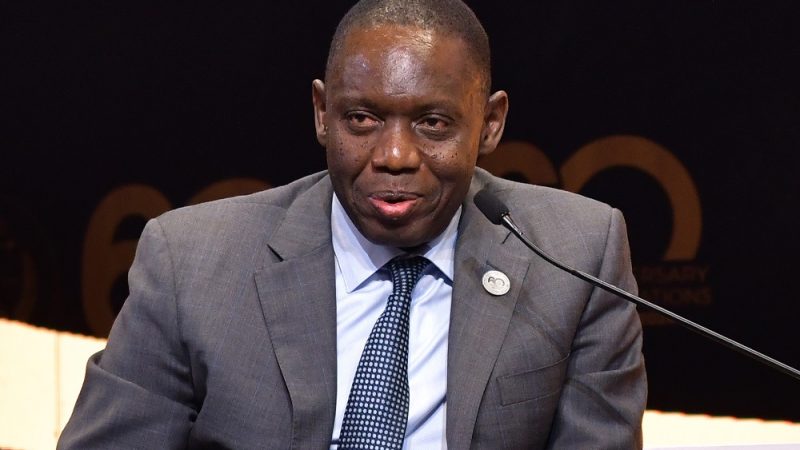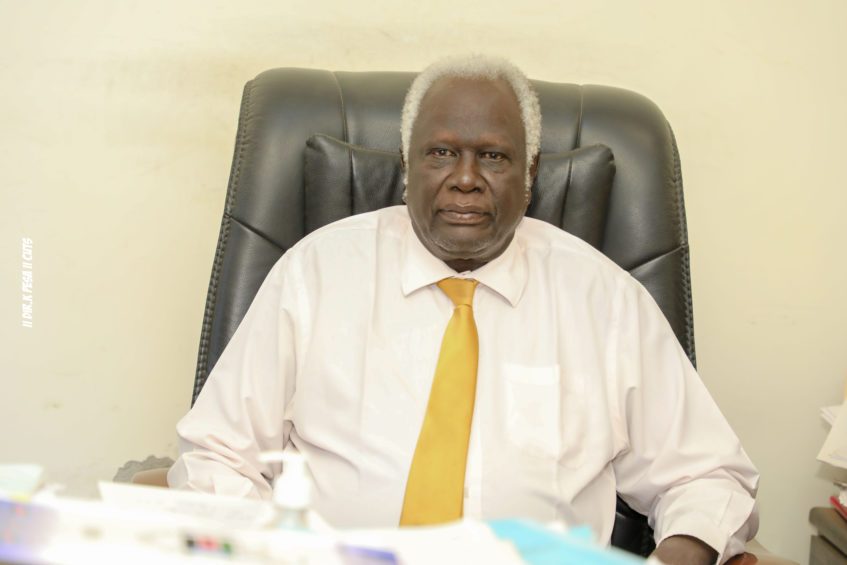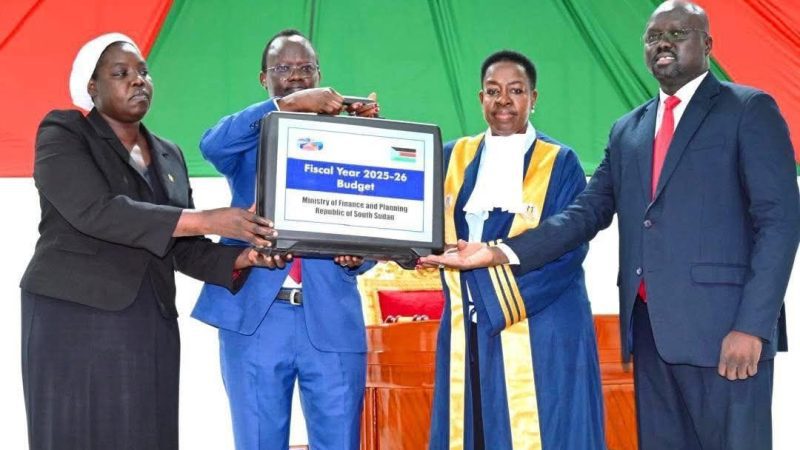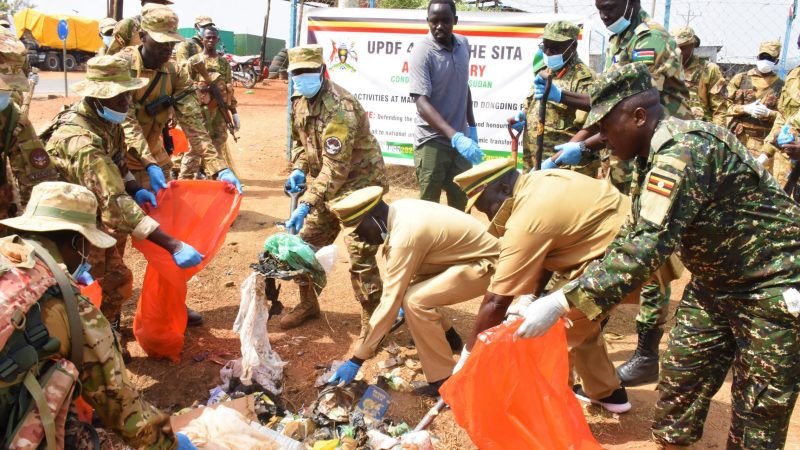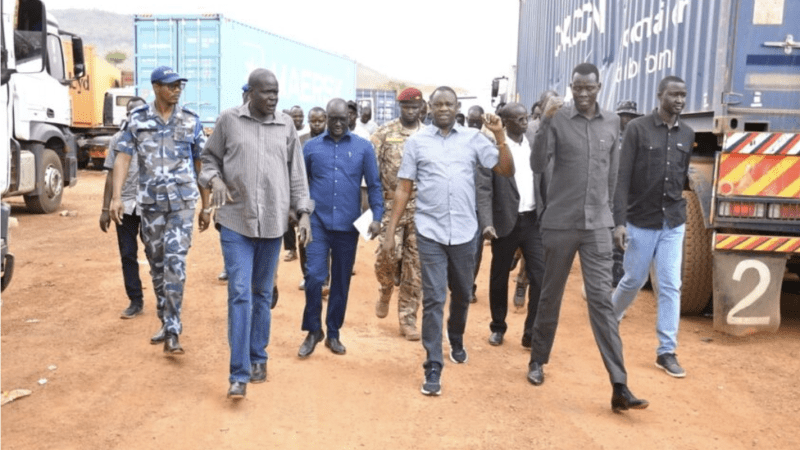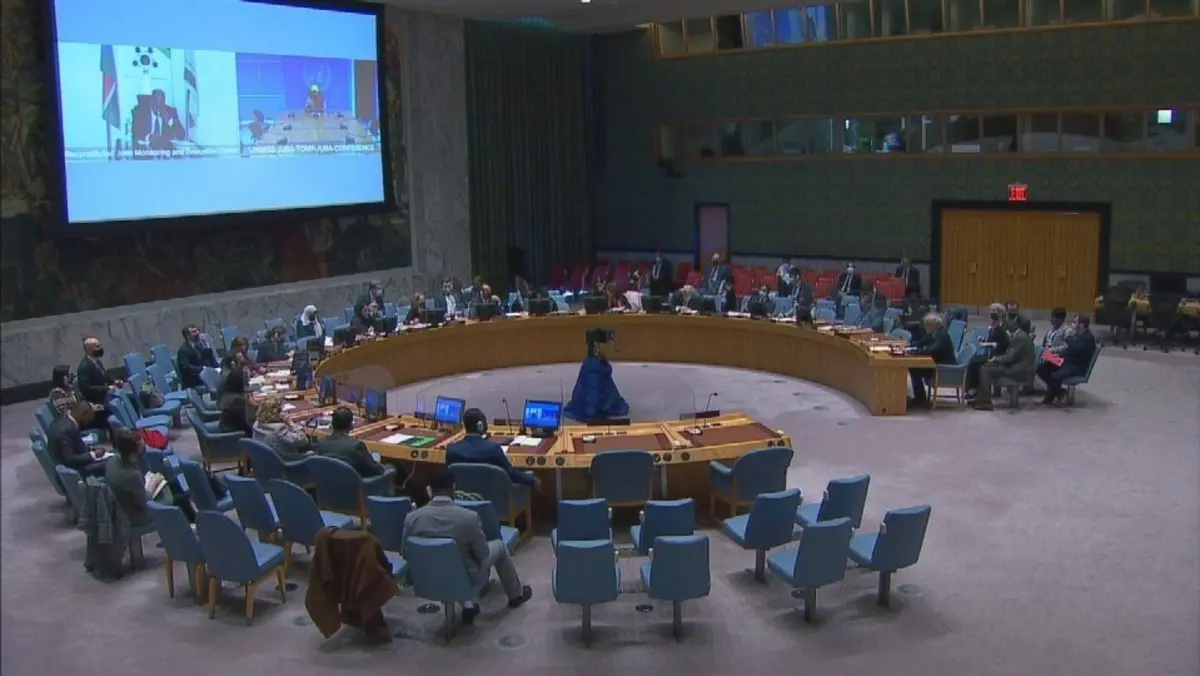The UN Panel of Experts on South Sudan, in its final report submitted to the President of the Security Council, has said the revitalized peace agreement of 2018, instead of mitigating, has become a contributory factor to fueling violence across the country.
In a letter dated 28 April 2022, the Panel of Experts said every component of the peace agreement is now hostage to the political calculations of the country’s military and security elites.
“Rather than breaking the violent cycle of elite political bargaining in South Sudan, the 2018 Revitalized Agreement on the Resolution of the Conflict in South Sudan (the peace agreement) has become part of it,” the experts wrote. “Almost every component of the peace agreement is now hostage to the political calculations of the country’s military and security elites, who use a combination of violence, misappropriated public resources, and patronage to pursue their own narrow interests.”
The experts said much of the peace agreement remains gridlocked by political disputes between its principal signatories.
“At the national level, the absence of attractive alternatives and the benefits of projecting an outward commitment to peace have preserved the peace agreement and created some space for incremental progress,” the summary of the report read. “The Transitional National Legislative Assembly was reconstituted in September 2021; the Public Financial Management Oversight Committee has brought some transparency to opaque public finances; and the training of some forces has been completed in anticipation of a unified national army.”
According to the experts, in parallel, however, powerful government officials have sought to erode the unity of key opposition groups by successfully courting the defection of senior commanders.
“As alliances have shifted, the fragile ceasefire has come under repeated pressure as defectors and loyalists have clashed, including over access to bases, weapons and lucrative assets, such as checkpoints and river ports,” it reads. “Regional commanders have, in turn, embarked on fresh waves of recruitment to swell their ranks and safeguard their standing, in violation of the terms of the peace agreement.”
“The zero-sum political calculus at the heart of the national political process has also fuelled subnational rivalries and animosities, driving a wave of deadly subnational violence that has displaced tens of thousands of civilians and led to serious human rights abuses, including the sexual and gender-based violence that has become a tragic hallmark of the conflict in South Sudan,” the experts said.
According to the report, despite some procedural progress towards the implementation of the peace agreement, the conditions facing millions of civilians on the ground are getting worse as subnational violence, related displacement, and floods have combined to produce unprecedented levels of food insecurity across much of the country. Millions remain displaced, with around 70 per cent of the population in need of humanitarian assistance.
The panel of experts also said an economic crisis, partly caused by the global pandemic and partly by domestic mismanagement, has added further challenges through inflation and the failure to pay the government employees’ salaries, upon which many depend, despite soaring oil prices.
“Leaders have instead tried to channel public resources into costly military procurement, including the import of armored personnel carriers, in violation of the arms embargo imposed on the entire territory of South Sudan by Security Council resolution 2428 (2018) and, most recently, renewed by Council resolution 2577 (2021),” the report said.
The report says that other regional tensions and disputes continue to limit engagement with the peace process in South Sudan, although the Sudan and Uganda have sought to break the impasse on specific issues.
“Negotiations with groups that are yet to sign the peace agreement have largely stalled, resulting in an escalation in military confrontations between the government and the National Salvation Front, particularly in Central Equatoria,” it reads.
“There remains an urgent need for increased engagement to salvage the prospect of the peace agreement securing peace and stability at the national and subnational levels,” the experts said.


